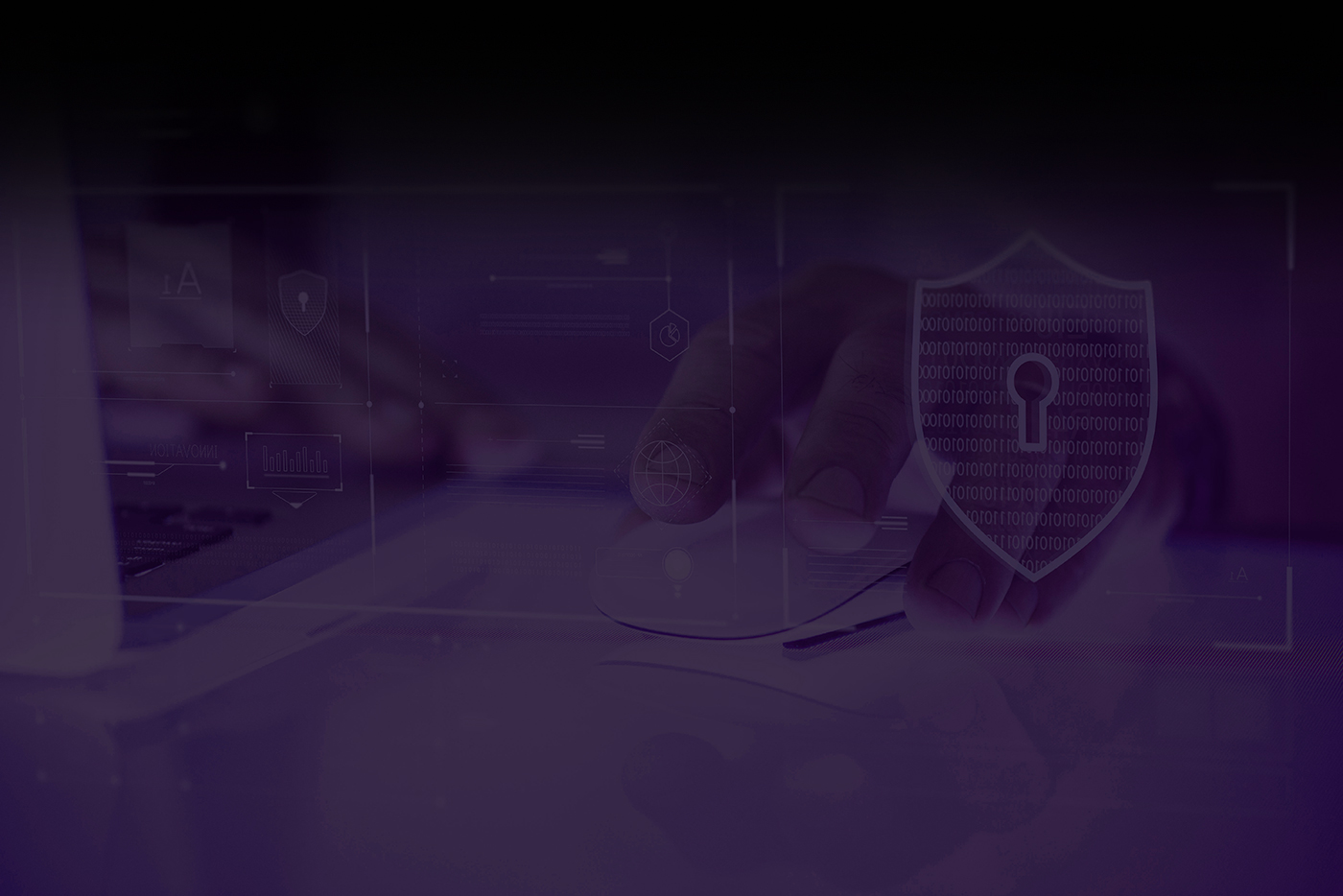Public Key Infrastructure (PKI) is a framework of policies, technologies, and procedures designed to manage digital certificates and encryption keys, ensuring secure communication and authentication over digital networks. At its core, PKI uses cryptographic techniques to establish trust between parties by verifying identities and encrypting sensitive data.
PKI operates using a pair of cryptographic keys: a public key and a private key. The public key is available to anyone and is used for encryption, while the private key remains confidential and is used for decryption or digital signatures. This system enables secure data transmission, authentication, and non-repudiation, making it a fundamental component of modern cybersecurity.
The backbone of PKI is the Certificate Authority (CA), which issues and validates digital certificates. These certificates serve as proof of identity for users, devices, and servers. PKI also includes a Registration Authority (RA), which verifies certificate requests, and a Certificate Revocation List (CRL) or Online Certificate Status Protocol (OCSP), which helps revoke compromised or expired certificates.
PKI is widely used in various security applications, including securing websites through SSL/TLS, encrypting emails, signing software and documents, and enabling secure authentication mechanisms such as smart cards and biometric systems.
Risks Addressed by PKI Solutions
PKI mitigates several security risks related to authentication, data integrity, and confidentiality. One of the most significant risks it addresses is man-in-the-middle (MITM) attacks, where attackers intercept and alter communications between two parties. By encrypting data and verifying identities, PKI ensures that communications remain private and tamper-proof.
Another major risk PKI tackles is spoofing and identity fraud. Without strong authentication mechanisms, attackers can impersonate legitimate entities, tricking users into sharing sensitive information. Digital certificates issued by PKI validate identities, ensuring that users and devices communicate with trusted sources.
PKI also combats data breaches and unauthorized access. Encrypting sensitive information prevents unauthorized individuals from accessing it, even if they intercept data in transit. Secure authentication mechanisms such as digital signatures further ensure that only authorized users can access critical systems.
Additionally, PKI addresses compliance risks by meeting regulatory requirements for data security and privacy. Many industries, including finance, healthcare, and government, mandate the use of encryption and strong authentication to protect sensitive data. PKI enables organizations to comply with regulations such as GDPR, HIPAA, and PCI DSS by providing robust security controls.
How Can PKI Help You?
PKI provides a trusted security framework that enhances data protection, identity verification, and secure communication. By implementing PKI, organizations can establish a strong authentication mechanism, reducing the risk of credential theft and identity fraud. Digital certificates enable secure login processes, ensuring that only legitimate users can access critical systems.
One of the primary benefits of PKI is its ability to encrypt communications and protect data in transit. Whether securing email exchanges, web transactions, or remote access sessions, PKI ensures that sensitive information remains confidential. Organizations can use SSL/TLS certificates to encrypt website traffic, safeguarding users against cyber threats such as phishing attacks.
PKI also enhances document integrity and non-repudiation. Digital signatures provide a verifiable way to ensure that electronic documents and transactions remain untampered. This is especially valuable for legal agreements, financial transactions, and software distribution, where authenticity is crucial.
Moreover, PKI supports automated certificate management, reducing the administrative burden of managing encryption keys and digital certificates. Organizations can automate certificate issuance, renewal, and revocation, preventing security gaps caused by expired or mismanaged certificates.
Advantages of PKI
Implementing PKI provides numerous security, operational, and compliance advantages. One of its key benefits is enhanced cybersecurity. By leveraging encryption, authentication, and digital signatures, PKI ensures data confidentiality, integrity, and authenticity, protecting organizations from cyber threats.
Another major advantage is scalability and flexibility. PKI can be deployed across various environments, including cloud services, IoT devices, mobile applications, and enterprise networks. Whether securing a small business or a large enterprise, PKI provides a scalable security infrastructure adaptable to evolving threats.
PKI also improves user trust and compliance. By ensuring secure transactions and authenticated communications, organizations can build trust with customers, partners, and stakeholders. Additionally, PKI helps meet regulatory compliance requirements by enforcing encryption, identity verification, and secure access controls.
From an operational standpoint, PKI enhances efficiency and automation. Managing digital certificates and encryption keys manually can be complex and error-prone. PKI automates these processes, reducing the risk of misconfigurations and ensuring continuous protection.
In summary, Public Key Infrastructure (PKI) is a critical cybersecurity framework that safeguards digital identities, secures communications, and prevents unauthorized access. By addressing key security risks, enabling encryption and authentication, and streamlining certificate management, PKI plays a vital role in ensuring a trusted and secure digital environment.






